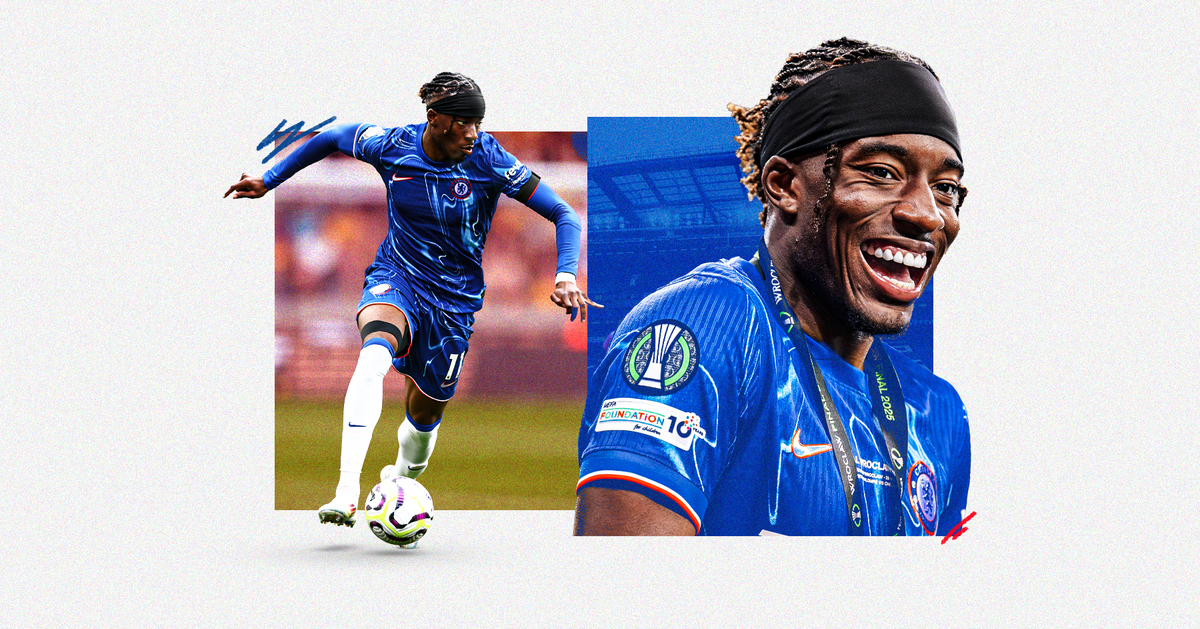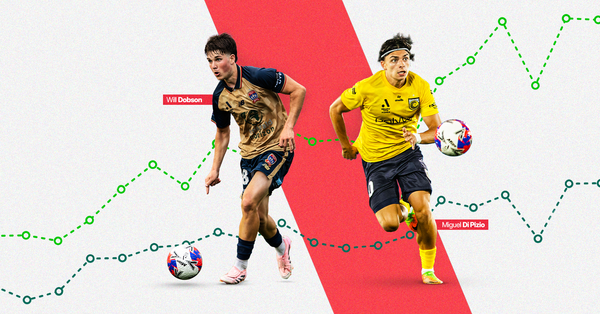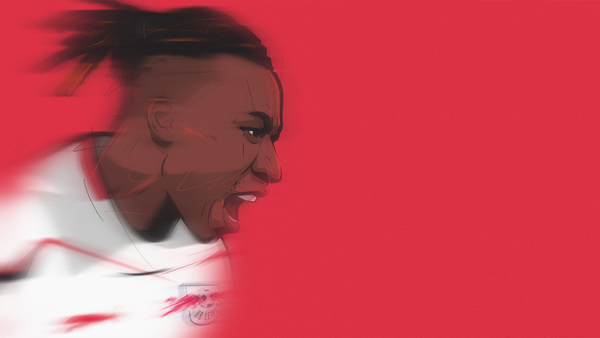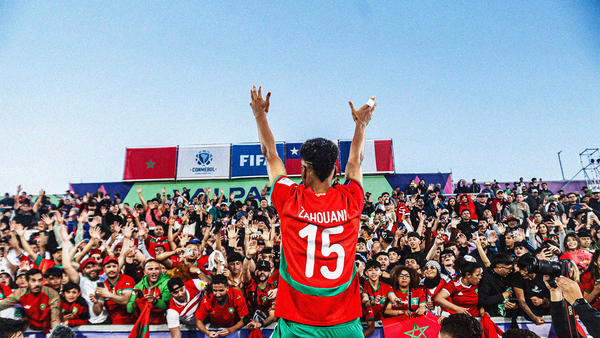Hear me out: Noni Madueke is about to explode
A goalscoring boom is on the horizon for England's divisive winger, even if everyone's quite sniffy about him

With injuries and his team-mates’ quality often relegating him to the bench, Noni Madueke didn’t play a whole lot during his developmental years at PSV. By the time Chelsea picked him up in January 2023, he’d played just 2,187 minutes of senior league football. Still, it was unsurprising to see him land in the Premier League so early, given the hype he’d generated in his limited Eredivisie appearances.
Two full seasons into his Chelsea career, the general discourse is decidedly less optimistic on Madueke. Earlier this month, The Guardian reported Chelsea were “open to offers” for the winger, apparently due to concerns over his development ‘stalling’. Similarly, last week, Matt Law reported that Madueke hasn’t been put up for sale but is “not considered to be untouchable”, prompting interest from a variety of clubs, including Arsenal, Newcastle United, and Tottenham. Arsenal are supposedly in pole position - a quick Twitter search will tell you their fans are not overly thrilled.
This popular perception is, I’d argue, misguided. Not only is Madueke and his role in propelling Chelsea’s attack currently underrated, he is primed to make a huge leap in his goalscoring. When that explosion happens, people will ask who saw it coming.
You will, after we go on our deep dive together. Let me explain.

728/1000
Reaching 1,000 paid subscribers by the end of August would change the outlook of SCOUTED forever. Get a year's reading at just 27p per piece, and fund writers like Ashwin. G'wan.
Find out moreChelsea’s (suboptimal) attack and its reliance on Madueke
After a free-scoring, direct attacking approach in Enzo Maresca’s early days, Chelsea turned into a different kind of team as the season progressed. As Jon Mackenzie described, in the second half of the season, Chelsea’s attack slowed down in more ways than one. To help shore up their transition defence, Maresca reduced the pace of his attack, and shifted towards using intricate build-up play more often to get to the final third.





